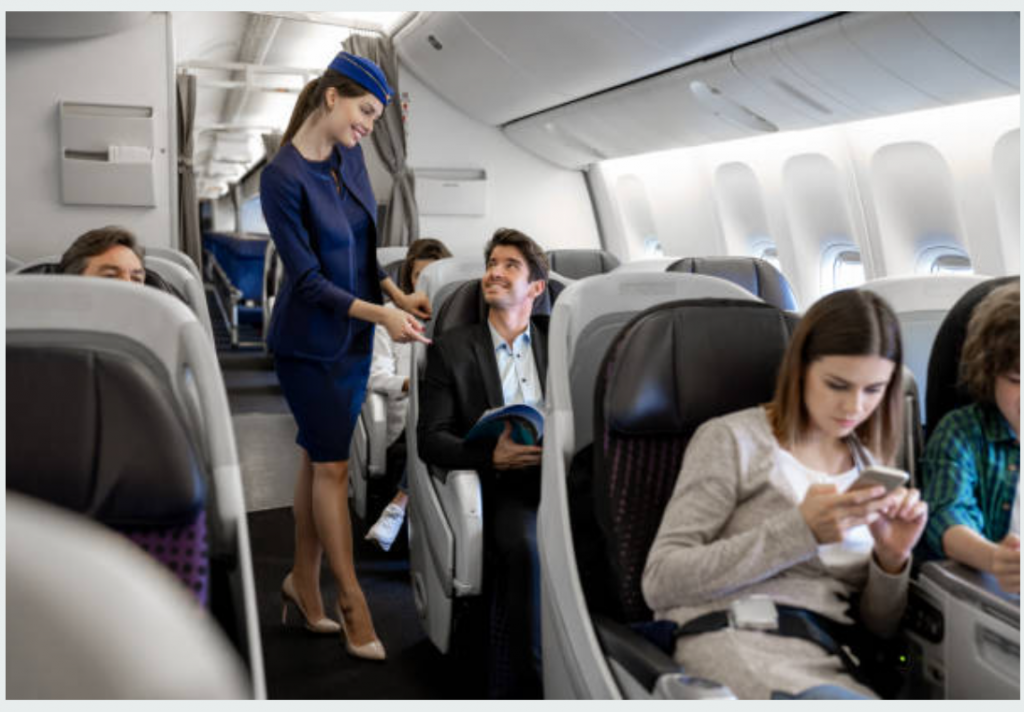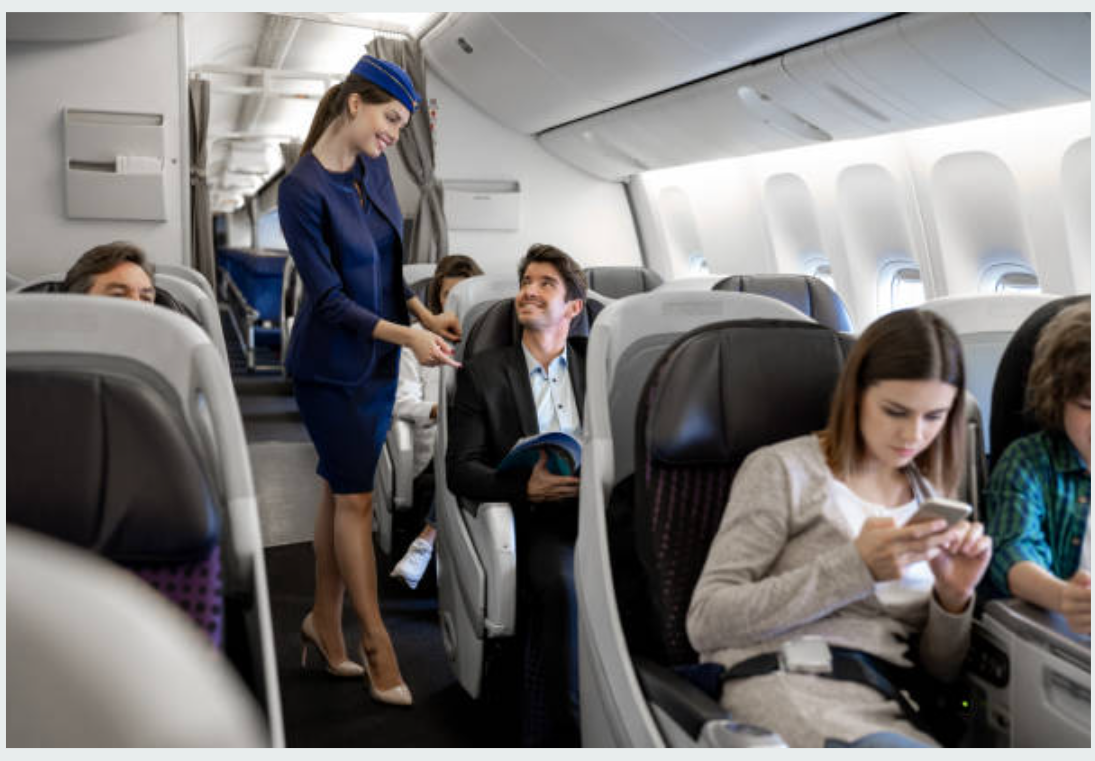linkedin.com/in/shadrachswantekambai
Fostering Growth, Innovation, and Sustainability in Airline Operations
- Reasons Why Passengers Reign Supreme in the Airline Business
- Customer-Centric Approach:
- Economic Impact:
- Brand Loyalty:
- Influence on Industry Trends:
- Influence of Social Media:
- Regulatory Environment:
- Conclusion

In the dynamic world of the airline industry, where fierce competition prevails, one key principle remains constant: the passenger is king. Airlines across the globe have come to recognize the significant role played by passengers in shaping the success and growth of their businesses. From customer satisfaction to profitability, the ultimate satisfaction of passengers has become the driving force behind airline operations. This article explores the reasons why passengers reign supreme in the airline business.
Reasons Why Passengers Reign Supreme in the Airline Business
Customer-Centric Approach:
To survive and thrive in the industry, airlines have shifted their focus toward adopting a customer-centric approach. Airlines are increasingly tailoring their services to meet the diverse needs and preferences of passengers. Personalized experiences, enhanced comfort, and improved in-flight entertainment systems are just a few examples of how airlines are striving to make passengers feel like royalty.
Economic Impact:
Passengers hold immense economic significance for airlines. Their choice of airline, frequency of travel, and willingness to pay for premium services directly impact an airline’s revenue. Passenger demand determines the routes airlines operate, the frequency of flights, and the allocation of resources. Airlines, therefore, must cater to their customers’ desires to ensure customer loyalty and financial stability.
Brand Loyalty:
In an industry known for its intense competition, fostering brand loyalty is crucial. Airlines are acutely aware that satisfied passengers are more likely to become repeat customers and brand advocates. Positive experiences lead to word-of-mouth recommendations, contributing to increased passenger numbers and market share. Airlines invest in loyalty programs, personalized offers, and attentive customer service to retain passengers and gain a competitive edge.
Influence on Industry Trends:
Passengers have the power to shape industry trends and innovations. Their evolving expectations push airlines to invest in cutting-edge technology, such as improved inflight Wi-Fi, seamless booking experiences, and advanced entertainment systems. Airlines that adapt to these trends and integrate passenger feedback into their operations stand to gain a distinct advantage in the market.
Influence of Social Media:
Social media has given passengers a powerful platform to share their experiences, both positive and negative. Passengers’ opinions and reviews on platforms such as Twitter, Facebook, and travel forums can significantly impact an airline’s reputation. Airlines that prioritize passenger satisfaction not only benefit from positive word-of-mouth but also mitigate the risk of damaging viral incidents.
Regulatory Environment:
The airline industry is subject to regulatory oversight to ensure passenger safety and fair competition. Passengers hold a considerable influence on regulations and policies. Their demands for improved safety standards, fair pricing, and passenger rights can influence legislation and shape industry practices. Airlines recognize the importance of meeting these expectations to maintain public trust and comply with regulatory requirements.
Conclusion
In the ever-evolving landscape of the airline business, passengers have emerged as the undisputed kings. Their satisfaction drives airlines to provide exceptional services, innovate, and adapt to their changing preferences. By prioritizing the needs of passengers, airlines not only secure customer loyalty but also drive revenue growth and shape the future of the industry. As airlines continue to recognize the power of the passenger, the reign of passengers as the kings of the airline business will continue to strengthen, ushering in a new era of customer-centricity in aviation.






0 Comments